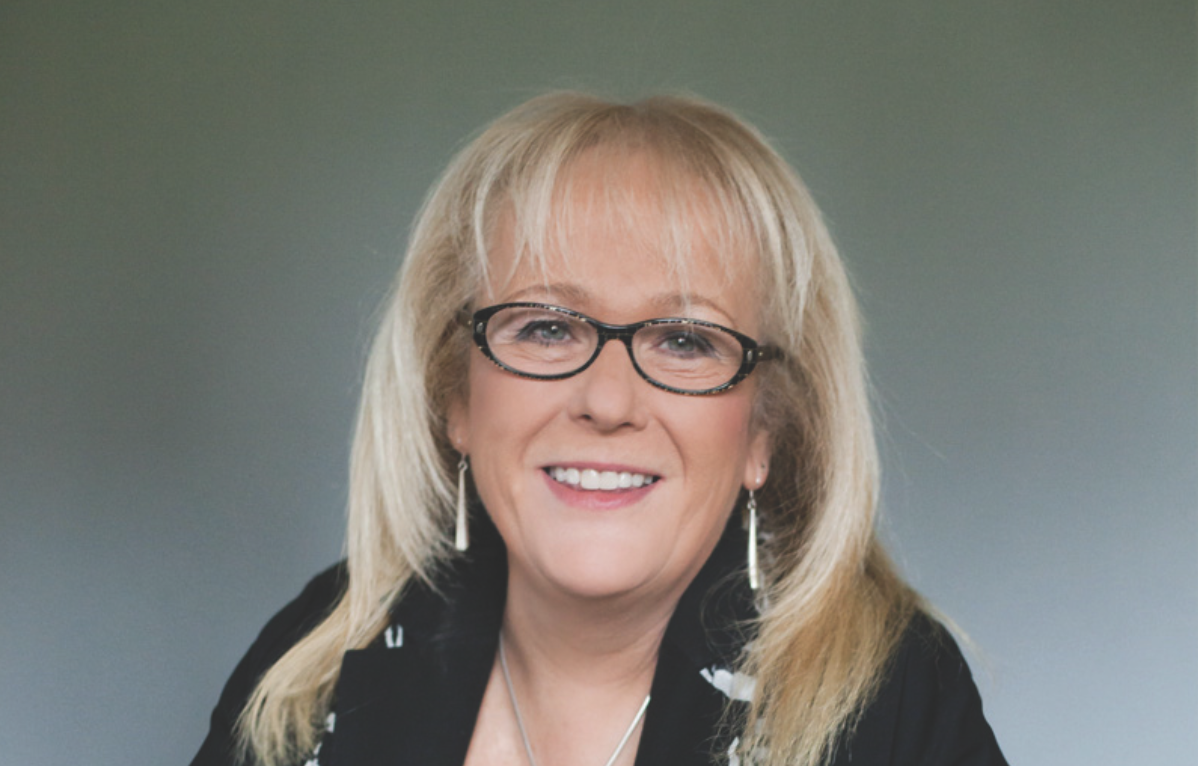Grit ought not be ringfenced to individuals
Resilience is all the rage. Across the world, no matter how draconian and inhumane the level of lockdown, managers, leaders, executives – let’s call them people – have been encouraged to tap into their psychological resources. The message is universal: the magic tonic of personal resilience will get you through.
Yet resilience is not an otherworldly medicine open only to an exclusive, wizened group. All human beings are by their nature resilient. It is the very essence of our life on Earth. Were we not resilient, we would never have learned to cycle, cook, ski, ride horses, sew or build. Almost every skill – from our first steps in childhood to our professional achievements in adulthood – are born of making mistakes and having another go.
Resilience encompasses many definitions. Professor Peter Clough of Manchester Metropolitan University identifies four components of ‘mental toughness’: the belief that we have control of our lives and our emotions; a commitment to achieving the goals that we set ourselves; a willingness to take risks and challenge ourselves; and using setbacks as opportunities for learning. Another notion of resilience is ‘grit’, defined by the University of Pennsylvania’s professor Angela Duckworth as a combination of passion and perseverance. Duckworth contends that success is about far more than innate ability. It needs long-term adherence and an acceptance that setbacks can be overcome with hard work.
There is an optimism about resilience that we should hold dear. Viewing immediate troubles as part of, as Arthur Marshall had it, “life’s rich tapestry”, means mistakes, setbacks or challenges can be viewed in a positive light. The encouragement of resilience is welcome.
Yet where the promise of resilience is flawed is the extent to which it is located in the individual. This is the challenge for leadership – because sometimes organizations create situations for individuals where the correct response is to be the opposite of resilient. Sometimes circumstances are intolerable, and beyond manageable. Not coping suddenly becomes the optimum strategy, because it is more likely to trigger change. This is when organizational resilience – rather than personal resilience – kicks in. The organization itself needs to identify risks, have business continuity plans and learn from its mistakes. That way it builds its own well of resilience.
Yet personal resilience still has an important contribution towards organizational resilience. It can and should be pooled. Leaders have a responsibility to manage that process by explicitly recognizing that if people work together, organizations can develop communal pots of resilience that everyone can tap into.
When teams share resilience reserves, collective psychological safety is enhanced, because there will necessarily be a high organizational acceptance of the fact that one learns from mistakes. There will be no shame in owning up to errors and sharing when things have gone wrong. Such teams are likely to be more successful, more creative, more cohesive, and therefore much more likely to regard the next set of unfortunate circumstances as a challenge and a learning opportunity, rather than a reason to give up.
How do we develop such teams? Stanford’s professor Carol Dweck demonstrates in her research that positive feedback and praise for effort or hard work is effective, because it assures able people that they are indeed able. Though they might not solicit it, many talented and skilled people need regular reassurance. Mistakes are much easier to concede, and to learn from, when one is repeatedly reminded of their value.
Anxiety comes from ambiguity. Yet ambiguity is an organizational certainty. By encouraging the pooling of resilience in organizations, leaders can help people become comfortable with ambiguity – because resilience helps us tolerate ambiguity, cope with difficult situations and emerge the other side.
Never let a good problem go to waste: share it instead – and build up your resilience reserves.

